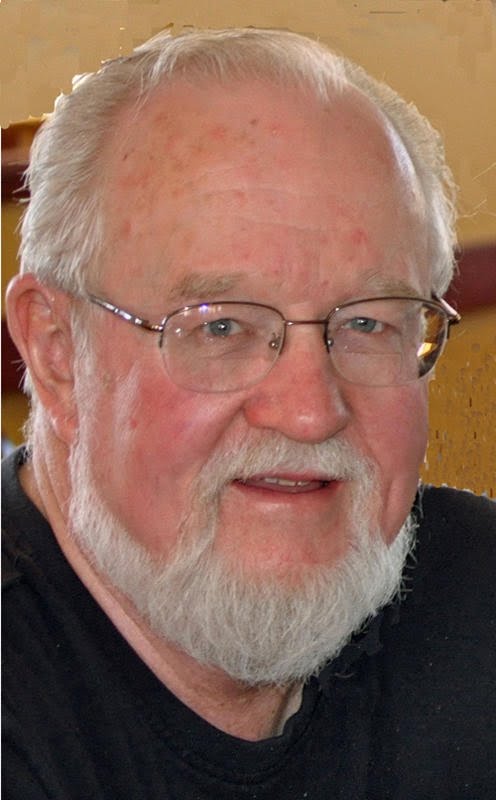Birthday Lessons
First lesson first: If you are in your 40s you are not in your fourth decade. If you are in your 30s, you are not in your third decade. Birth to 9 is your first decade. Thus the fifth decade encloses your 40s, the fourth decade houses your 30s. And so on. Rudimentary, yes.
You cannot fudge on Father time. We are all older than we think or admit. A day older and a day wiser? Perhaps. A day older and closer to death? Indubitably.
I’m trying to decide whether I’m as young as I feel or as
old as I look. If you feel “young” yet are in fact as old as you look,
you simply need a more thorough medical examination. Age is not “only a
number.” It’s a measure of the
accumulating maladies of mortality that will kill you eventually. Everyone dies
of something.
I have had, or will have soon, another birthday. (One of those in which you can switch the cake candles and create a number, which, though false, is felicitous.) Although I am not uncertain of the date, others are, due perhaps to my preference for withholding that specific annual information from social media's memory. The cloaking has been successful; I even have a family member who does not remember the date of my birth.
Do any adults welcome the passage of time? A lack of enthusiasm may be equally present at most stages of adult life. If our fear of the tick-tock marking of birth and death dates is other-directed, our animus will startle over how old those from our past have become. Former students of mine might well muse--"Isn't he dead yet?" And their teachers in turn query, "That little geeky kid--is 35 now?"
If you’re old and your birthday has the bad-taste-irony
to fall on a date in spring (as mine does), when all kinds of rebirthing is
occurring--emergence, new life breaking through the topsoil to swallow
sunlight, all flora and fauna ravenous for revivification--if you’re in your
eighth decade of life, and find your dreams dead, your mind a malingering mess,
your body decrepit, decaying, dissolute, a doyen of desuetude . . . then join
me in this litany of truisms turned to truths by flipping them upside
down.
We’re the dogs that won’t hunt, we’re the tongues the cat
got, we’re the expectations that are mocked, we’re the flames that ain’t eternal, we’re the stars never reached for,
the problem never solved, the savage beast never calmed, the love that never
got to Rose. We know the wind beneath your wings will fill you with hot air; or, you'll soar too close to the sun and, like Icarus, melt the feather-wax that keeps you aloft. Crash and burn, sooner or later, one way or another.
So let's eschew birthdays, and celebrate the days of our dying, which are all the days of our living, the markers of our "long fool's errand to the grave." Let's acknowledge the wisdom of placing the aged on the ice floe pushed out to sea. Death is the ideal caesura that enjambs our passage from this vale of tears to the vision of the other world, beauteous and beatific. Now that's not such a bad trip, is it? Ready to have your ticket punched?
So let's eschew birthdays, and celebrate the days of our dying, which are all the days of our living, the markers of our "long fool's errand to the grave." Let's acknowledge the wisdom of placing the aged on the ice floe pushed out to sea. Death is the ideal caesura that enjambs our passage from this vale of tears to the vision of the other world, beauteous and beatific. Now that's not such a bad trip, is it? Ready to have your ticket punched?









